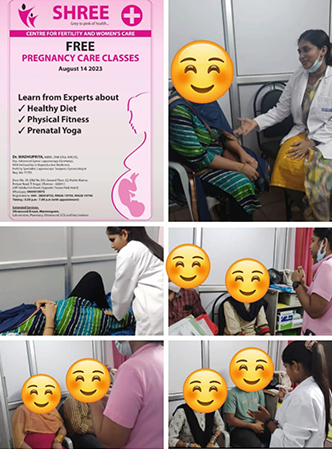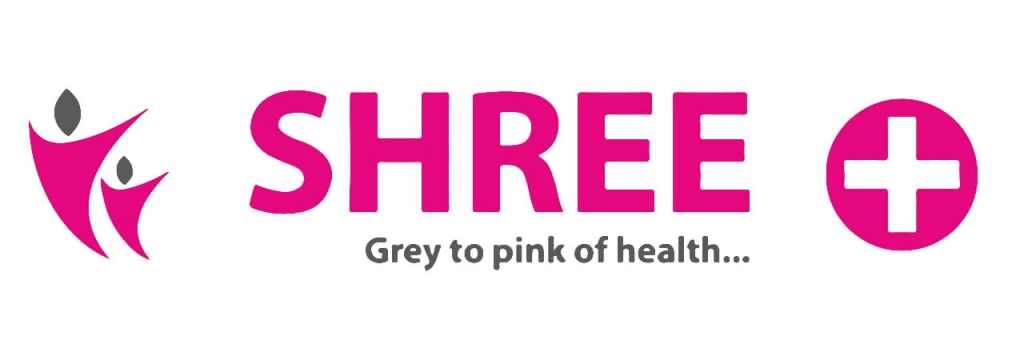Services

We provide a range of Obstetrics, Fertility and Gynecological services, from annual check-ups and routine Pap smears to procedures performed in our clinics or surgeries in the hospital.
OUR PACKAGES
Well Women
Packages
Fertility Packages
Pregnancy Packages
Cervical Screening Package
cervical screenings, expert consultations, and personalised care to safeguard against potential risks.
Breast Screening Packages

F.A.Q.
Take control of your well-being with our preventive health checks.
Early detection helps to cure
Bring a list of your current medications, past surgeries, and any chronic conditions. Include information about family medical history if available..
Your overall health and any specific pregnancy complications will influence whether travel is advisable. Consult your healthcare provider to assess your individual situation.
A healthy and balanced diet during pregnancy is crucial for the well-being of both you and your baby. Your diet should have folic acid, calcium, iron & protein. It's crucial to consult with your healthcare provider or a registered dietitian to personalise your dietary plan based on your individual needs and any specific considerations or complications during pregnancy.
During pregnancy, various changes occur in a woman's body across the three trimesters. In the first trimester, signs include a missed period, morning sickness, breast tenderness, fatigue, frequent urination, and mood swings. The second trimester brings visible belly growth, skin changes, reduced morning sickness, the onset of fetal movements, and potential backaches. In the third trimester, weight gain continues, shortness of breath may occur, swelling in the feet might happen, Braxton Hicks contractions may start, and pelvic discomfort is common. Vaginal discharge increases, and some women experience a nesting instinct. Regular prenatal care and communication with a healthcare provider are essential throughout the pregnancy to monitor both maternal and fetal health
Menopause is a natural biological process marking the end of a woman's reproductive years, typically occurring in her late 40s to early 50s. Common signs of menopause include irregular menstrual cycles, hot flashes, night sweats, mood swings, and vaginal dryness. Some women may also experience changes in sleep patterns, difficulty concentrating, and a decrease in libido. If you suspect you are entering menopause, it's advisable to consult with a healthcare professional for a comprehensive evaluation, as these symptoms can also be related to other health conditions.
Polycystic Ovary Syndrome (PCOS) is a common hormonal disorder among women of reproductive age. While there is no cure for PCOS, the symptoms can be managed effectively. Treatment strategies focus on addressing specific concerns such as irregular periods, fertility issues, and symptoms like acne or excess hair growth. Lifestyle modifications, including a healthy diet, regular exercise, and weight management, play a crucial role.
Identifying a high-risk pregnancy involves recognizing factors that may increase the likelihood of complications for both the mother and the baby. High-risk factors include maternal age (under 18 or over 35), pre-existing medical conditions such as diabetes or hypertension, a history of complications in previous pregnancies, multiple pregnancies (twins, triplets), and certain lifestyle factors like smoking or substance abuse. Chronic health conditions, infections, and pregnancy-related complications, such as gestational diabetes or preeclampsia, can also contribute to a high-risk designation. It's crucial to attend regular prenatal check-ups, communicate openly with your healthcare provider, and undergo recommended screenings to assess and manage potential risks. Early identification and appropriate medical care can help mitigate complications and optimize the chances of a healthy pregnancy and delivery
